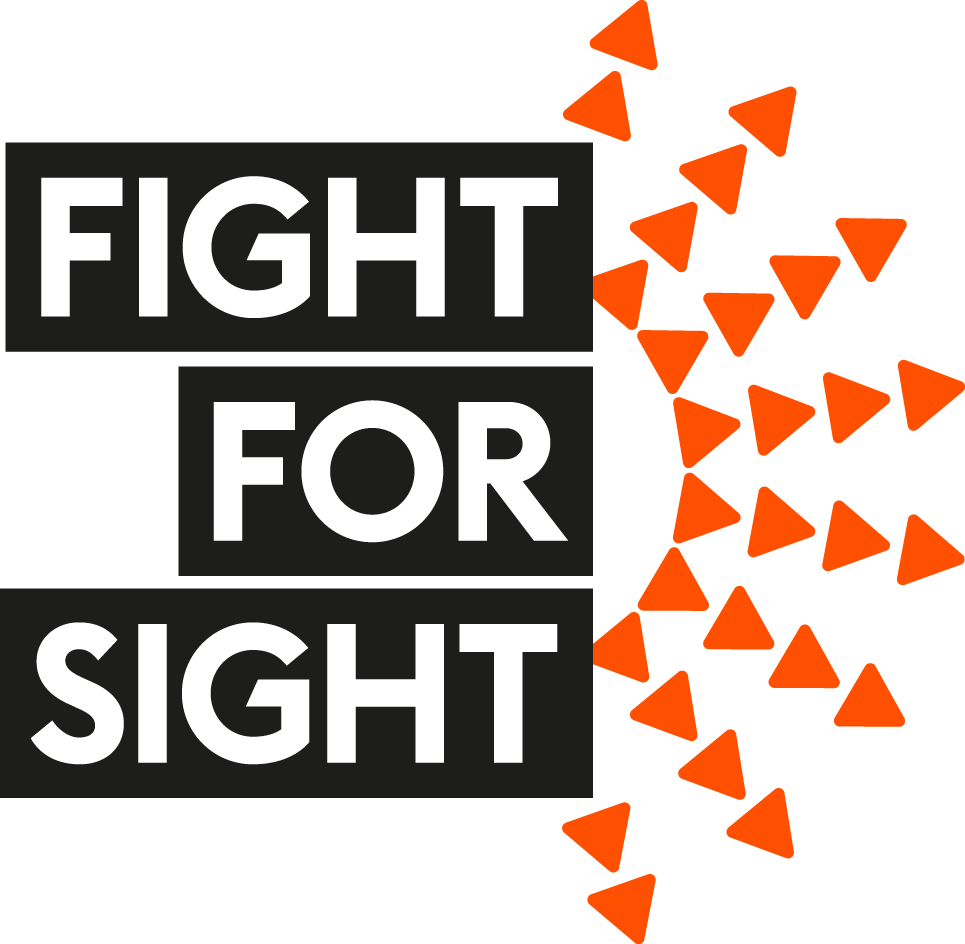
Funded research
Since the priorities for eye research established by the Sight Loss and Vision Priority Setting Partnership were published in May 2013, a significant number of grants aimed at a wide range of priorities have been funded in the UK.
Examples of grants made:
Fight for Sight
In all, Fight for Sight has awarded over £6.5 million to 110 projects that directly address priorities in all 12 categories of eye condition identified, since the priorities were published.
“We are delighted that so many of the applicants for our grants have taken up the challenge to address directly the research areas that will mean the most to people with sight loss, their carers and to eye health professionals,” said Dr Dolores M Conroy, Director of Research at Fight for Sight.
“However, there are still many gaps at all levels and in all categories of eye condition. Much more funding is needed in order to address the priorities fully, and we would urge other funders of eye research to join Fight for Sight and NIHR in working towards this goal.”
Fight for Sight Research projects by SLV-PSP category:
- Age-related macular degeneration
- Cataract
- Childhood-onset Eye Disorders
- Corneal and External Diseases
- Glaucoma
- Inherited Retinal Diseases
- Neuro-ophthalmology
- Ocular Cancer
- Ocular Inflammatory Diseases
- Refractive Error and Ocular Motility
- Retinal Vascular Disorders
- Vitreoretinal & ocular trauma
*Excludes awarded grants that are not yet active.
National Institute for Health Research
Since the priorities were published, the National Institute for Health Research (NIHR) has awarded four major research grants that address PSP priorities, for a total of more than £4 million.
- Efficacy of the Telescopic Mirror Implant for Age-related Macular Degeneration: The MIRROR Trial
A clinical trial that addresses AMD priority 4: Are there ways of restoring sight loss for people with AMD?
Cost: £898,652 - A Randomised Comparison of Femtosecond Laser Assisted vs Manual Phacoemulsification Cataract Surgery for Adults with Visually Significant Cataract
A clinical trial that addresses two cataract research priorities; 6: How can cataract surgery outcomes be improved? and 7: How safe and effective is laser assisted cataract surgery?
Cost: £1,372,837
More about the study - KERALINK: Efficacy and safety of cross-linking in children with keratoconus
A clinical trial to address corneal & external eye conditions priority 6: What causes keratoconus to progress and can progression be prevented?
Cost: £774,339 - Reinventing the eye exam
A research study that addresses AMD priority 6: What is the most effective way to detect and monitor the progression of early AMD?
Cost: £977,071
More about the study
NIHR is currently assessing some of the other priorities for future support.
Macular Society
In 2014-15 the Macular Society awarded seven research grants – totalling over £700,000 – that could help address a range of priorities for macular disease. The projects include assessing the structure and function of the retina over time in Stargardt’s at Moorfield’s Eye Hospital, using induced pluripotent stem cells to study Bestrophin-associated macular degeneration at the UCL Institute of Ophthalmology and setting up a national tissue archive at the University of Manchester for research into age-related macular degeneration.
Read more about the Macular Society's research grants (PDF)
Horizon Scanning
New and emerging technologies for inherited retinal diseases
Priority number one in the inherited retinal disease category asks whether a treatment can be developed to slow down progression or reverse the sight loss it causes. In June 2014, NIHR published results of its first ever ‘horizon-scanning’ review, which looked for any new and emerging technologies that address this priority.
The review, which was facilitated by Fight for Sight, found 40 new and emerging technologies. These included nine gene therapies, ten medical devices, five drugs, and five regenerative and cell therapies.
Download the full report (PDF)

